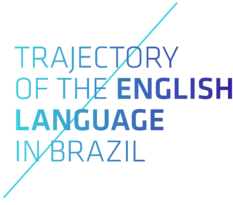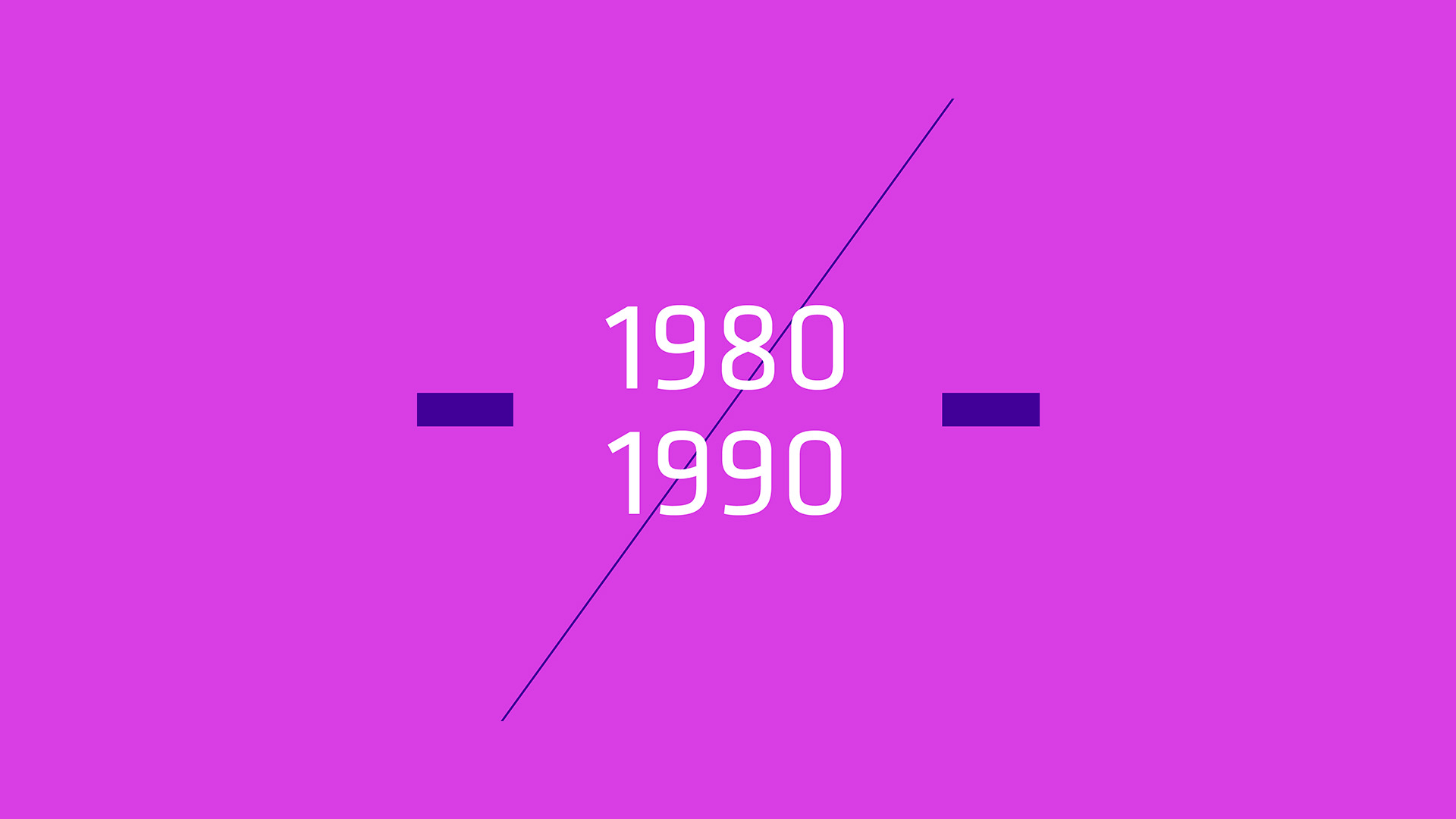
1980
Instrumental English is introduced in Brazilian universities
Brazil’s National Specific English Teaching Project (1980-90) aimed to improve the use of English by Brazilian researchers, science teachers and specialists. Dozens of universities and technical schools in eight Brazilian states participated, following John Dewey’s principle of reflective education. The project team sought to develop an approach focused on active reflection in reading the texts, in order to improve the understanding of specialised and technical publications.
1981
Publications on Applied Linguistics
In the 1980s, the publication of renowned journals expanded the scope of applied linguistics to also include the investigation of language issues inserted in social practice. Among the publications in the area, the Boletim da Associação Brasileira de Linguística (1981), Works in Applied Linguistics (1983) and Documentation in Studies of Theoretical and Applied Linguistics – Delta (1985) can be highlighted.
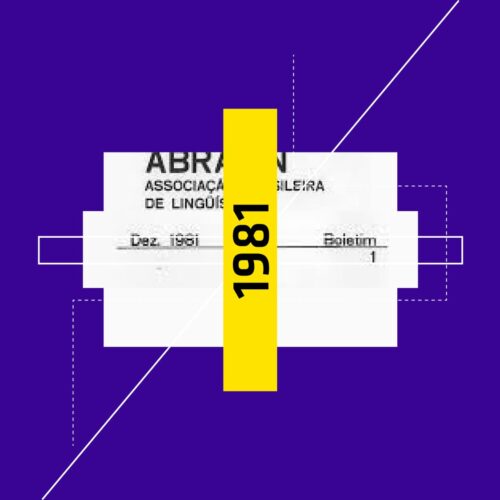
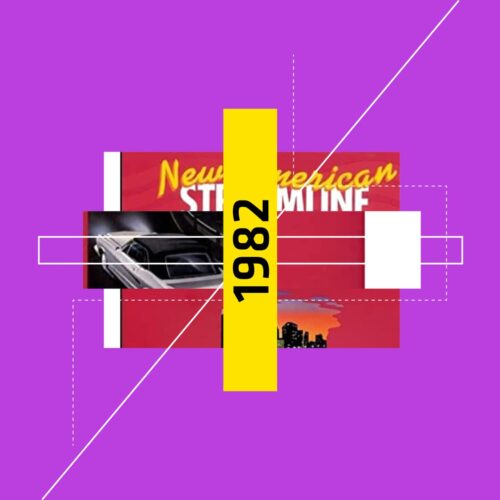
1982
National teaching materials continue to be improved
Between the 1970s and 1980s, national publishers continued to qualitatively evolve books into didactic sets. An example was the Streamline collection by Bernard Hartley and Peter Viney. It included a student’s book, workbook, teacher’s book, extra teacher’s notebook, lab supplies (speechwork), video and fiction books such as the Departures in Reading series and Storylines, colourful stories divided from beginner to pre-intermediate levels.
1983
Chevening Programme starts granting scholarships to students from different countries
The British Council implemented the Chevening programme, which offered professional and study grants to develop global leaders. The programme benefited students from 160 countries and was funded by the British Foreign Office and partner organisations. The scholarships included flights, visas, course fees and even accommodation and food expenses. In Brazil, there were more than 1700 scholarship holders. Today, many beneficiaries occupy prominent positions in a variety of areas and sectors of society.
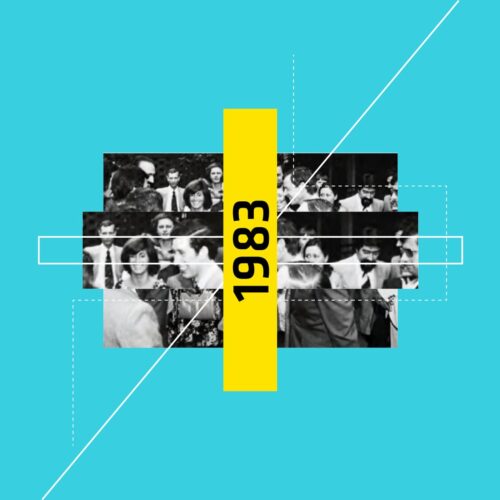

1986
Teachers of English to Speakers of Other Languages (TESOL) Organisation and its Brazilian version, BRAZ-TESOL, are created
The common interest in teaching English to speakers of other languages gave rise to the Teachers of English to Speakers of Other Languages (TESOL) organisation in the United States. Its Brazilian version, BRAZ-TESOL, was founded by Professor Robert Carrington from Curitiba, together with 25 teachers from Cultura Inglesa. Objectives included supporting field research, studies in the area of English language teaching and teacher training programmes.
1987
Wizard language school is created
Created by Curitiba-born businessman, Carlos Martins, the language school’s extensive teaching network not only offers English, but also courses in Spanish, French, German, Italian, Chinese, Japanese and even Portuguese. Its headquarters are in Campinas, São Paulo state. Until 2013 it was part of the Multi group, who also own schools like Yázigi and Skill, before being acquired by British company, Pearson.
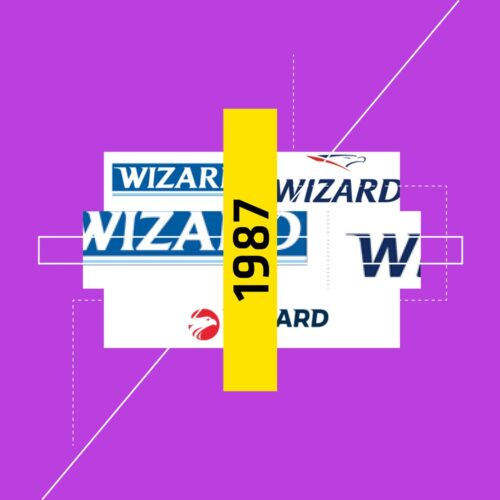
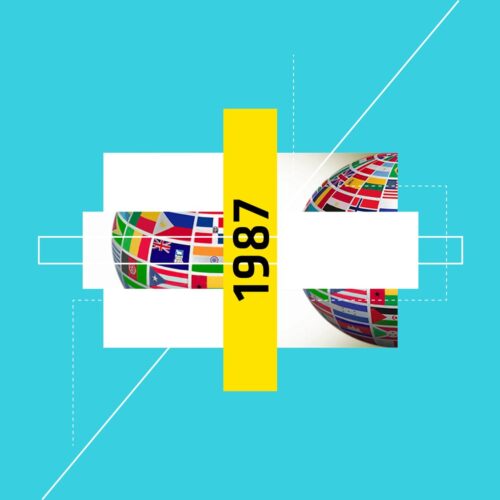
1987
Government creates Language Study Centres (CELs) in São Paulo
An opportunity to access a different approach to learning different foreign languages. This is the objective of the Language Study Centres (CELs). The branches have an administrative and pedagogical link with state public schools and their main focus is young people from public schools. According to decree no. 27270/1987, its creation aims to modify and enrich the curriculum of regular schools in language teaching. In 1987, CEL in São Paulo started its activities.
1988
National Research Council (CNPq) and British Council promote student exchange
With the aim of encouraging intellectual and cultural exchange between Brazilian and British students, the British Council signed an agreement with CNPq, facilitating the transfer of 500 postgraduate students to institutions in the United Kingdom between 1990 and 1995.
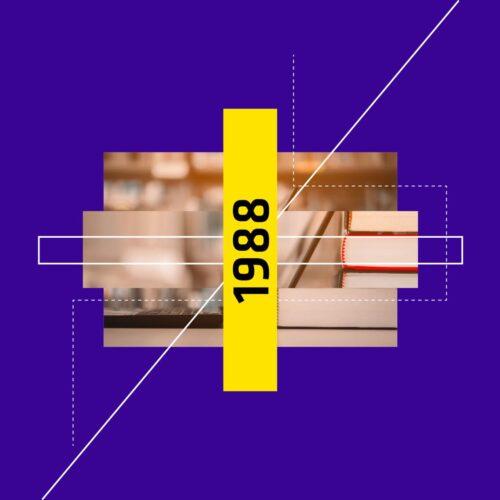
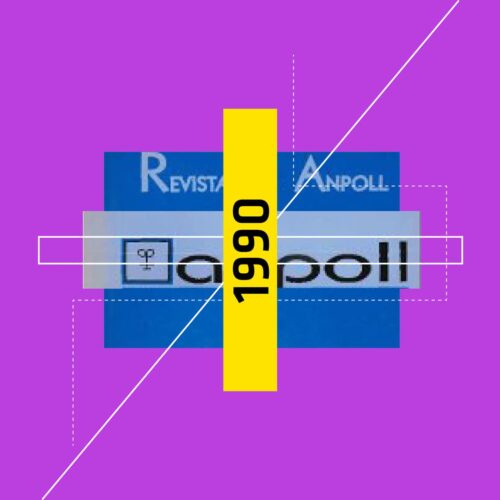
1990
Applied linguistics comes to the fore
In the 1990s, applied linguistics profoundly influenced the teaching of English. Research carried out in the area began to highlight the importance of the communicative approach and the acquisition of knowledge through activities of interaction with the context. This approach placed the student at the centre of teaching, enabling the development of new techniques and resources in English language teaching. During the decade, new publications also emerged, such as Contexturas magazine (1992), Anpoll Magazine (1995), Brazilian Journal of Applied Linguistics – ALAB (2001), Horizontes Magazine of Applied Linguistics (2002) and Performance Magazine (2002).
1990
The post-method era begins
Education is no longer seen only as reproduction of content. Specialists begin to focus particularly on the students’ realities and the context in which they work, always coupled with a critical analysis of socio-political conditions. All this becomes the teacher’s role in the post-method era. In this view, there was no longer a ready-made pedagogical recipe, but different principles that could be implemented, and it was up to them to decide what to do with each class.

